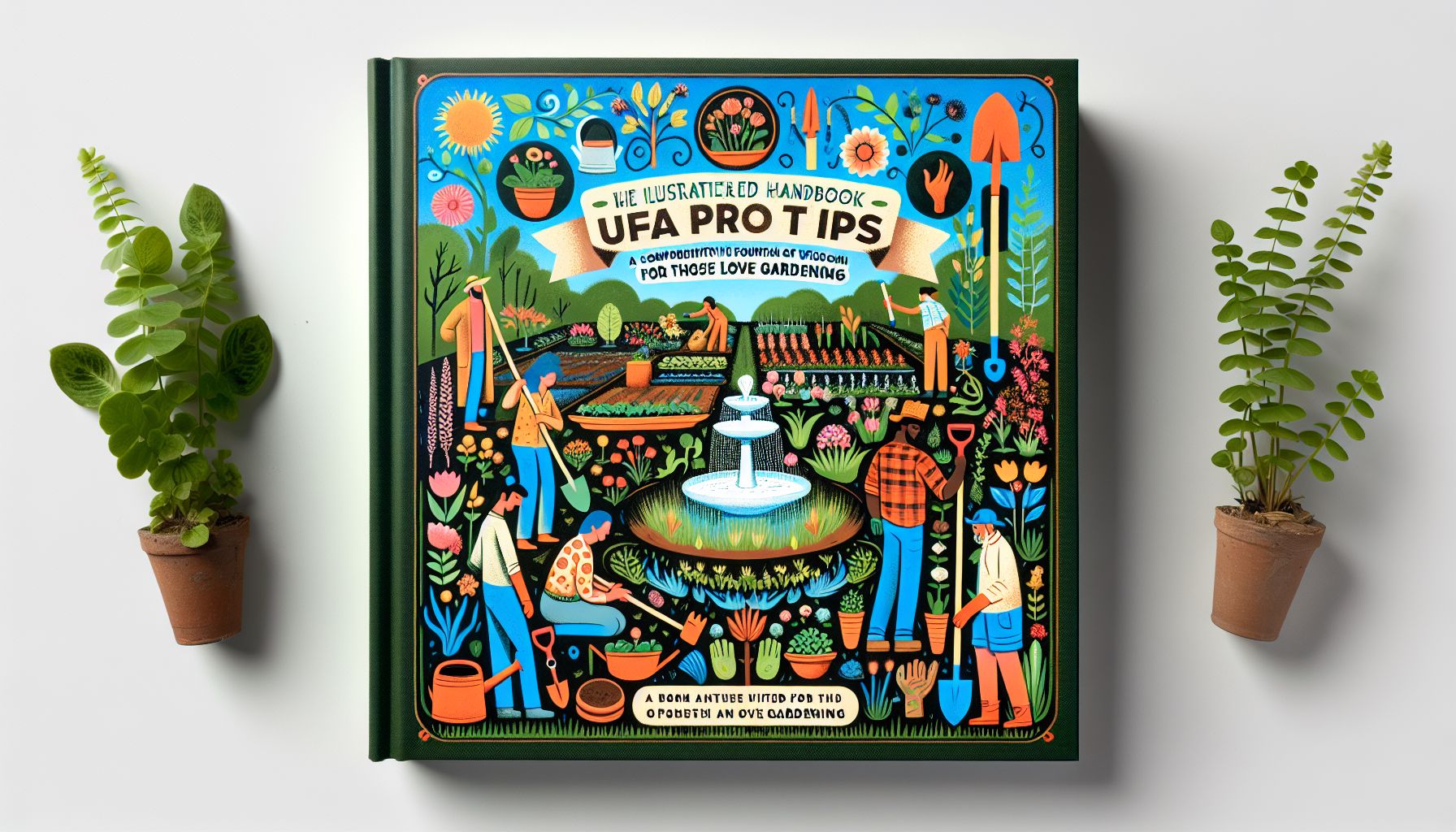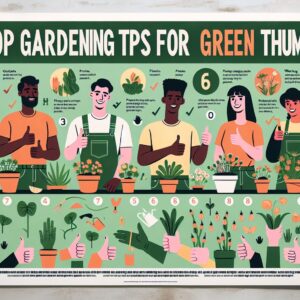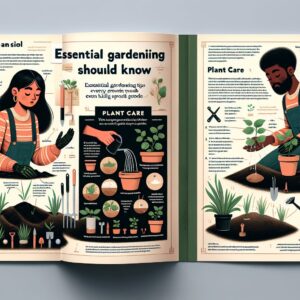Adventuring into the vibrant world of gardening rewards us with a therapeutic experience and a visual feast of botanical beauty. Nothing is more fulfilling than watching a seed you have nurtured bloom into a beautifully mature plant. However, every gardening enthusiast knows that the journey of gardening isn’t always rosy. It requires passion, patience, and certain professional tips to witness a thriving, healthy garden. This blog post aims to unfurl some Gardening Ideas and insights on Urban Gardening for those who are ardent lovers of this green craft.
Knowing Your Garden
Just like a pet, each garden has its unique personality. Understanding your garden involves recognizing its strengths and weaknesses. The soil type, the intensity of sunlight your garden receives, and the local climate should be your paramount considerations when selecting plants. For instance, succulents should be grown in a sunny area, and herbs prefer well-drained soil. Using a soil test kit to analyze the nutrient content and the soil’s pH can guide you in enriching it accordingly. But understanding your garden doesn’t just involve the garden bed; the health of your indoor plants is equally important, especially in Urban Gardening, where space constraints might limit outside options.
Choose the Plants Wisely
Choosing plants can be analogous to selecting a wardrobe. Just as some clothes look fabulous in the store, but not when we wear them, some plants may appear enticing at the nursery but may not flourish in your garden. It’s essential to put your garden’s needs before your personal aesthetics choices. In smaller Urban Gardening spaces, it’s wise to select dwarf species or plants that can be trimmed and kept within confines, or even vertical plants that can grow upwards, not outwards, saving valuable space.
Seasonal Climate
Make friends with the seasons. Most plants’ growth cycles are related to the change in seasons. Spring and Autumn are generally considered the best times to plant, as this is when new growth takes place. The seasonal direction of the sun could also alter the microclimate in your garden, so consider the seasonal variations when planning your garden layout.
Composting
One of the most powerful ways to boost your garden’s health is by creating a compost pile. This not only reduces the kitchen waste but also provides your plants with rich, organic nutrients. Urban Gardening aficionados can opt for indoor composting systems, which are compact and odor-free.
Watering and Mulching
Water is a critical life-source for your garden, but overwatering is one of the leading causes of plant failure. It’s crucial to understand the watering needs of particular plants because they vary. Mulching, on the other hand, can reduce water evaporation from the soil, suppress the growth of weeds and help maintain a stable soil temperature.
Continuous Learning
Even the most experienced gardeners consider themselves students of this craft. Gardening necessitates a mindset of continual learning and adaptability. Absorb the wealth of gardening information available through books, websites, podcasts, and fellow gardeners.
Armed with these tips, beginners and experienced gardeners alike can enhance their green thumb skills and relish the journey of growing. Remember Rome wasn’t built in a day, and neither is a beautiful garden. For it demands time, labor, and love. But when those first sprouts and flowers begin to show, trust us, it’s worth the wait. So, put on your gardening gloves, get out there, and create your horticultural masterpiece. Happy Gardening!




